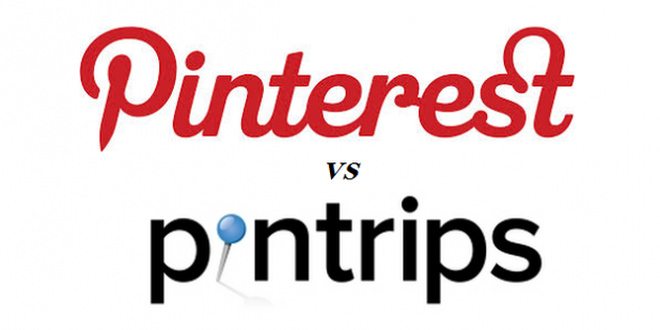
As reported in October, Pinterest sued Pintrips for a garden-variety of trademark infringements counts. I then purported to explain that Pinterest’s claims were vulnerable to a genericness argument. Indeed, the alleged PIN mark indicates what users do (pin pictures) instead of indicating who the service provider is (Pinterest).
As I previously discussed, “Pinterest fails to use the mark in a trademark fashion. Indeed, the first three letters of their mark – PIN – is used to refer to features, instead of using their mark to indicate exclusively the source of their services. In short, Pinterest uses variation of the word PIN (a) “functionally” by using the common meaning for the PIN term and by (b) using that term as so much more than just a source-identifier.”
Pintrips’ Motion to Dismiss Pinterest’s Complaint
Low and behold, Pintrips filed last week a motion to dismiss Pinterest’s trademark claims, arguing exclusively that the term PIN is generic and functional and thus not something in which Pinterest has protectable trademark rights.
As the motion to dismiss aptly argues if Pinterest were to have trademark rights in the PIN term, Pinterest would then “effectively appropriate to [its] exclusive use a common, functional term frequently used by software providers, users, and commentators alike to describe certain common features of websites, online maps, apps, operating systems, graphic user interfaces, and software programs.” Stated another way, Pinterest should not be allowed to expropriate from the “linguistic commons” the PIN term as it would otherwise deprive competitors of a commonly used term, thereby making it harder on these competitors to convey meaning to their audience.
One of the problems with Pinterest’s claim of infringement is that they are using the PIN term in the primary sense of the term. There can of course be no trademark right in that. A trademark is meant to indicate a source. To the extent that a would-be trademark fails to do so and instead conveys meaning, such mark is undeserving of trademark protection.
No Word on the Similarities between Pinterest & Pintrips
All in all, Pintrips’ attorneys aptly argued that the PIN term is generic. They have, however, failed to tackle the obvious similarities in sight and sound between the two trademarks, although I suspect this was a strategic decision – by framing the case around the genericness issue, Pintrips is cornering its opponent into confronting the weakness of the PIN trademark.
No Survey Evidence
Pintrips has submitted no survey evidence to demonstrate that the PIN term is in fact generic. Although survey evidence is quite expensive to acquire, it has become almost customary for those making a genericness argument to provide such evidence. Pintrips is thus taking a risk. But this is mitigated by the strong evidence of functional and widespread use online. Indeed, at least 3 Internet companies (Microsoft, Facebook, and Google) are currently using the PIN term as well, which bolsters Pintrips’ argument that giving Pinterest a trademark monopoly over the PIN term would substantially deprive the competitors of the use of a common and useful word.
Pinterest’s Trademark under Assault in Europe
Pintrips’ motion to dismiss comes at a time when Pinterest’ trademark suffered a significant blow in Europe. Indeed, the European Commission Office for Harmonization in the Internet Market (OHIM) found that Premium Interest, a social news aggregator, owns the European trademark rights in PINTEREST because Premium Interest was the first to file a UK trademark application for the same and that Pinterest was unable to show that it had become sufficiently well-known at the time of Premium Interest’ filing. Thus, Pinterest is pinned down to obtain a license from the London-based social news aggregator, if it is to continue using their Pinterest mark in Europe. Pinterest will be appealing this decision.
I’ll update on these cases as they move forward.
Pintrips’ motion to dismiss is available here and the European OHIM decision, here.





